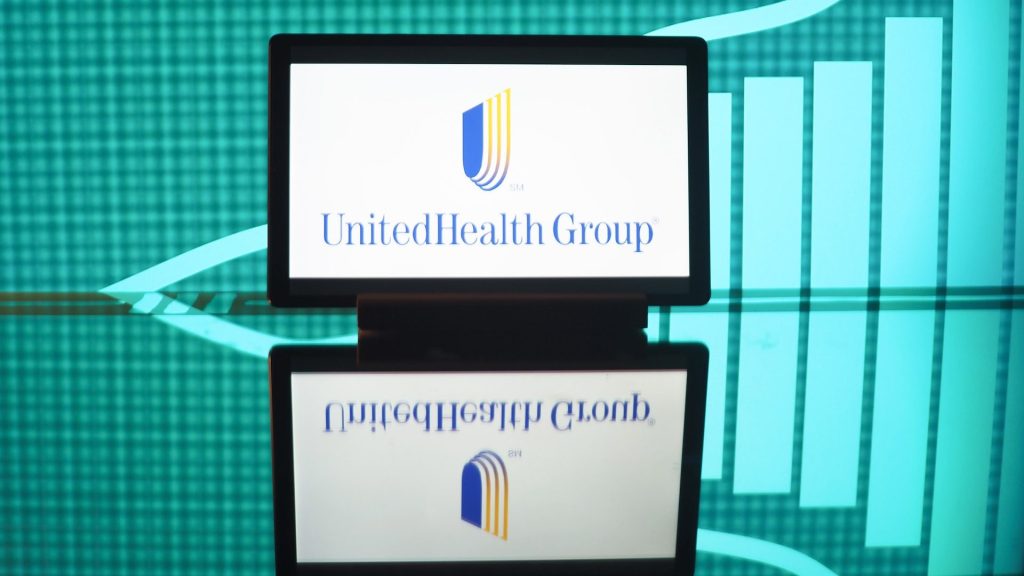
Update: Internet was restored on Wednesday morning, hours after the interruption.
London-based internet rights monitoring group NetBlocks has reported a major internet disruption in Kenya following a wave of demonstrations across the country, as police violently cracked down on citizens taking to the streets to protest a government bill to hike taxes despite tough economic times and widespread corruption.
⚠️ Confirmed: Live network data show a major disruption to internet connectivity in #Kenya; the incident comes amidst a deadly crackdown by police on #RejectFinanceBill2024 protesters a day after authorities claimed there would be no internet shutdown 📉 pic.twitter.com/Umo0NBLGBw
— NetBlocks (@netblocks) June 25, 2024
The interruption in access comes as the country’s ICT regulator, the Communications Authority, on Monday said it had no plans to shut down or interfere with the internet today.
The authority in the statement said it “had no intention whatsoever to shut down internet traffic or interfere with the quality of connectivity. Such actions would be a betrayal of the constitution as a whole, the freedom of expression in particular and our own ethos.”
Users have been reporting interrupted or slow internet connections, with NetBlocks confirming the outage also affected neighboring countries Uganda and Burundi.
“Live network data show a major disruption to internet connectivity in Kenya; the incident comes amidst a deadly crackdown by police on #RejectFinanceBill2024 protesters a day after authorities claimed there would be no internet shutdown. The ongoing internet disruption has impacted Kenya as well as neighboring countries including Uganda and Burundi; the incident is likely to limit coverage of events on the ground where protests are held,” said NetBlocks.
There was also intermittent access to social media platforms such as X that have been instrumental in bringing protestors together.
Protestors have been using platforms such as X and TikTok to publicize their concerns over the high cost of living, taxation, unwarranted debt accumulation and the rampant misuse of public resources by the political class, among other issues.
Protestors also used social media to call for prudent use of public resources and to get the attention of political leaders. But unable to get leaders to listen, they have taken to the street to get their attention.
The protestors earlier Tuesday then stormed the parliament moments after lawmakers voted to adopt the bill, resulting in several fatalities and scores of people with injuries. It was then that the internet started to fall over.
Safaricom said on X (formerly Twitter) that the interruption is due to problems with the subsea cable. However, others are reporting that Airtel is working, which would not be the case if the cable was down.
Customer Notice On Network Outage pic.twitter.com/zgTlsawTPY
— Safaricom PLC (@SafaricomPLC) June 25, 2024
When reached for comment about what caused the outage, NetBlocks Director of Research Isik Mater said that it might be due to “unscheduled maintenance”:
We’ve been tracking those statements. We can look at two factors: the observed impact, and the observed timings.
Our observations do indicate that today’s disruption affects multiple countries. However, this outage has much higher impact to Kenya than past confirmed major subsea cable cuts including those earlier this year; we wouldn’t usually expect to see service collapse like this. Further, the other affected countries are downstream to Kenya, so likely affected by the situation in Kenya rather than the other way around.
Timings indicate that the outage occurred just around the moment protesters attempted to storm parliament in Nairobi and were met with live rounds by security forces. Together, these factors point to the possibility that an “unscheduled maintenance” cycle may have been deployed.
We’ll continue to monitor the situation and update this post as we learn more.
Update: This story has been updated with Safaricom’s statement on X as well as NetBlocks’ statement.


